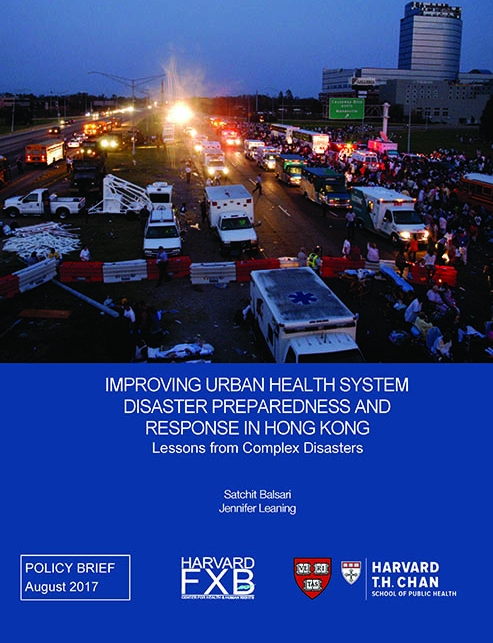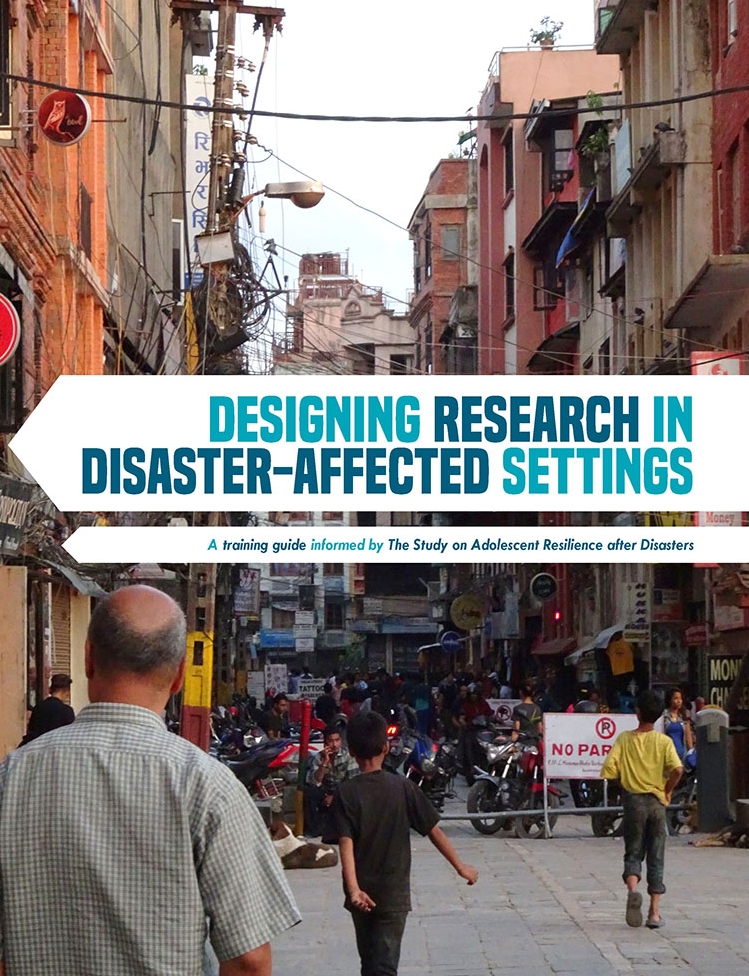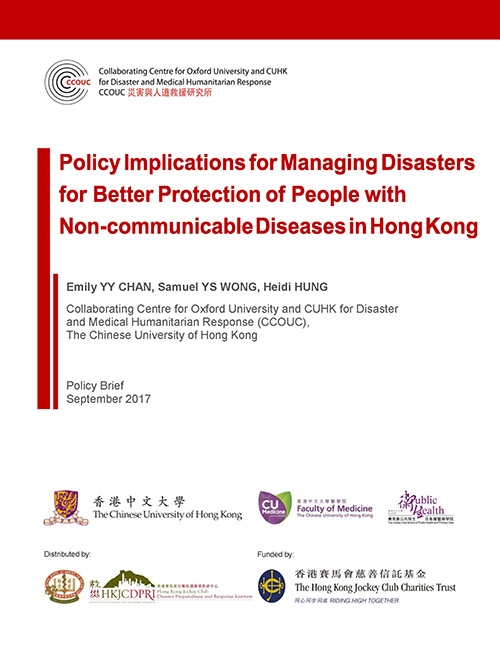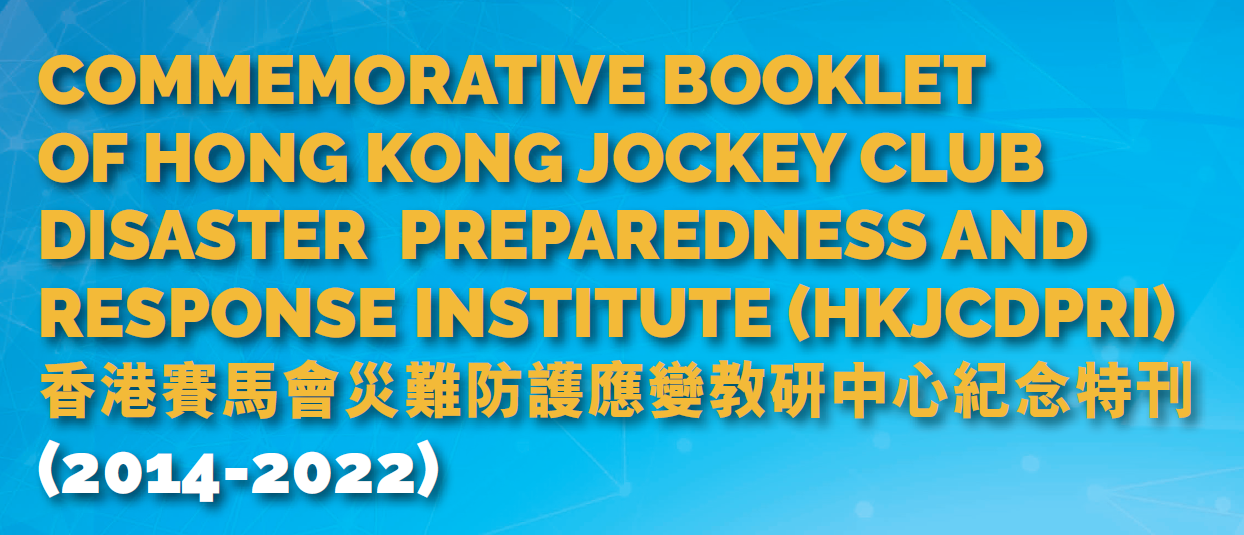Housing has been a challenge faced by people from all walks of life in Hong Kong. Many have to turn to improper accommodation with poor living environment, including sub-divided flats, cage homes, bedspace apartment, partitioned rooms or rooftop slump.
Regarding inappropriate accommodation, the major concern is its poor living environment, In addition to cramped living space and unsatisfactory indoor air quality, the potential risks induced by building constructions or design must not be overlooked.
HKJCDPRI collaborated with the Hong Kong Sheng Kung Hui Lady MacLehose Centre (HKSKHLMC) in 2017 to conduct a survey titled “Community Survey on Physical and Mental risks resulted from Inappropriate Living Environment”, which investigated the impact of four major factors, including fire safety, security, hygiene and risks in indoor environment on residents’ mental health conditions.
The survey was conducted between October and November in the form of purposive sampling. Ten residents living in sub-divided flats in Kwai Tsing district were invited to semi-structured interviews. For a more accurate understanding of the interviewees’ quality of life and mental health conditions, the survey was supplemented by two surveys, namely WHOQOL-BREF (HK) and Depression Anxiety Stress Scale 21 (DASS-21)).
Results showed that the ten respondents living in sub-divided flats are exposed to hidden risks, big and small, in fire safety, security and hygiene. As a result, their physical and mental well-being are constantly at stake. As far as mental health is concerned, seven of them showed symptoms of anxiety, depression and stress; nine experienced mental distress after moving into subdivided flats - two of whom were diagnosed with a mental disorder.
Survey report has suggested that in view of the environmental risks, the government could consider subsidizing residents living in fire-prone areas, the elderly or low-income households to acquire disaster preparedness equipment, such as smoke and gas leakage detectors, fire blankets and dry powder extinguishers. In addition, it could join hands with community organizations to conduct extensive education work on hygiene and fire safety, while launching education plans such as the “Fire Safety Ambassador Scheme” to strengthen residents’ disaster response capacities.
As for mental well-being, the government and community organizations could launch the "District Mental Health Ambassador Scheme” by means of diversified publicity campaigns and education work, so as to promote mental health and provide related resources to residents in improper accommodation. It is hoped that residents can identify their own issues early and build up a community support network to help people help themselves.

To view the survey result (Chinese version only):居危思安_不適切居所住戶的環境安全及精神健康調查報告.pdf












